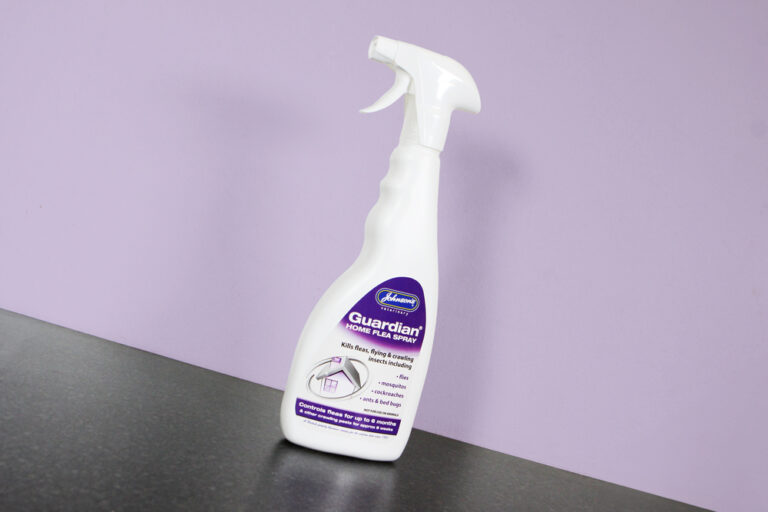If you have followed the Johnson’s journey for some time, you may be aware of our history as pigeon and poultry specialists. But for those who don’t know, Johnson’s have been developing pigeon products since before the war, prior to producing dog, cat and small animal care products.
It may have all started with Pigeon Tonic, but the art of caring for fancy pigeons is big business and a lot more nuanced nowadays. Looking after these birds is a serious passion and interest for fanciers, which is why we are using our platform as leading pet care product manufacturers to advise and educate those who participate in bird keeping.
What are fancy pigeons?
Fancy pigeons are any domesticated breed of pigeon that have been selectively bred for desirable traits, such as colour, shape and behaviour. Descending from the wild rock dove, there are over 800 breeds of fancy pigeon kept by hobbyists and pigeon fanciers all over the UK.
These breeds of pigeon first appeared during the Victorian Era, symbolising status and a means for competition. Within this period, fancy pigeons were used for the first formal bird shows, which paved the way for modern day pigeon exhibitions, fairs and other livestock events.
Nowadays, fancy pigeons are commonly kept as pets, with many bird keepers of the belief that they offer the same level of companionship as conventional household pets.
Pigeon shows and judges requirements
Pigeon competitions are more than just a fashion show for good-looking birds – there is a real brotherhood of fanciers. Young fanciers naturally form relationships with one another after spending a series of show days together.
Trophies, rosettes and prize funds are awarded to successful fanciers, but the most invaluable event takeaway is prestige. Understanding that pigeon keeping is a community, fanciers rely on the feathered talent to increase their social stance and maintain a solid reputation amongst peers.
The judges keep a close eye on every bird in the show pen, basing their performance and aesthetic off strict criteria. If a fancy pigeon is going to rank, they need to have a high-quality plumage and tail with minimal feather breakage, a strong and confident general impression, a head which broadens towards the back of the skull and eyes that rest in the upper part of the skull, and an overall neat well-balanced structure.
The essentials
Fundamentally, a large portion of bird care is the same. But when it comes to fancy pigeons, there are certain conditions that keepers need to adhere to if they want to achieve the best version of their pigeon.
Show pigeons are mainly judged for their looks, and what they are fed plays a part into their appearance (it’s not just genetics!). Not every fancier wants their pigeon to serve the same purpose, and this is important to remember when making dietary decisions. For instance, high-flyer or tumbler pigeons need more fats and proteins to aid flight performance, whereas pigeons strictly used for show business require less energy-rich foods, as no great physical effort is expected from them.
Having shared the vitality of a healthy diet, the next mention is hygiene and plumage condition – both of which are managed through regular bathing. It doesn’t only help with general cleanliness, but it creates more agile flyers by alleviating their feathers of dirt buildup and other constraints.
Bathing needn’t be a difficult process as most pigeons clean themselves when the equipment is accessible. Simply leave a shallow bathtub or dish filled with water in their enclosure, to which they will come and go when they want to freshen up. If a pigeon is consciously avoiding the bath, owners can try misting the air above them to encourage preening, or showering them on a tailored perch instead. If you are still unsure on the best way to bath your pigeon, Bird Trader offer a quick rundown.
Regardless of activity levels, pigeons need space. An aviary or long narrow pen provides birds with enough room to fly, eat and live happily, meanwhile cages struggle to offer the same freedom unless modified.
Pigeons are adaptable when it comes to living arrangements, both indoors and outdoors. As long as the indoor setup is protected against household hazards and outdoor aviaries are predator and rodent proofed, it’s entirely up to the owner how they house them. Being quite emotional animals, it works best when pigeons are kept altogether to encourage socialisation with others.
For the fanciest flock, choose Johnson’s
Poultry and pigeon care is what the Johnson’s brand was built on over 100 years ago, and we still stock the hero pigeon products which carried us through arguably the toughest climate for aspiring businesses:
Pigeon Tonic – A multi-vitamin and mineral supplement designed to promote the health, condition and performance of pigeons, particularly when they are racing, breeding and moulting.
Pigeon Mite and Lice Powder – A natural drying agent which absorbs any moisture from pigeon bedding and housing, discouraging damp environments where insects usually thrive.
Pigeon Insect Spray – An effective water-based spray containing permethrin which kills mites, lice and other common external parasites whilst offering lasting protection against re-infestation.
Looking after pigeons, or any animal for that matter, can’t be done half-heartedly. It takes ongoing commitment, care and patience to keep them happy and healthy throughout their lifespan, and Johnson’s are always here to help support the journey. Whether it be through the provision of effective pet care solutions or expert advice from our professionals, we will do all we can to make pet ownership easy and enjoyable .





